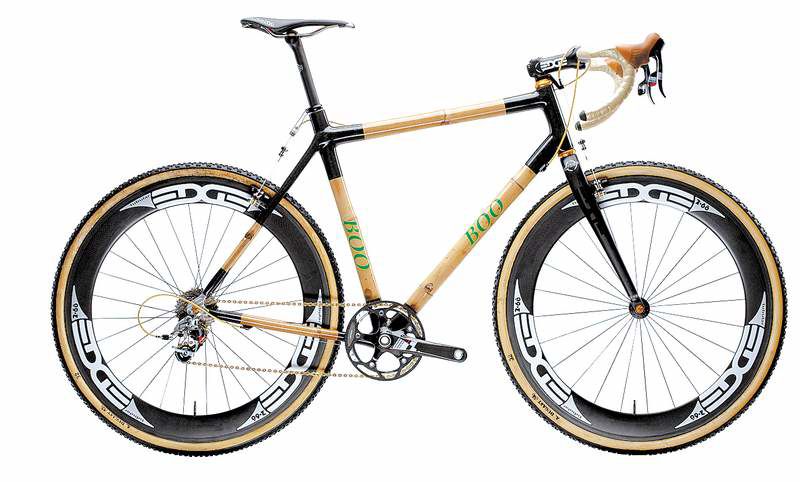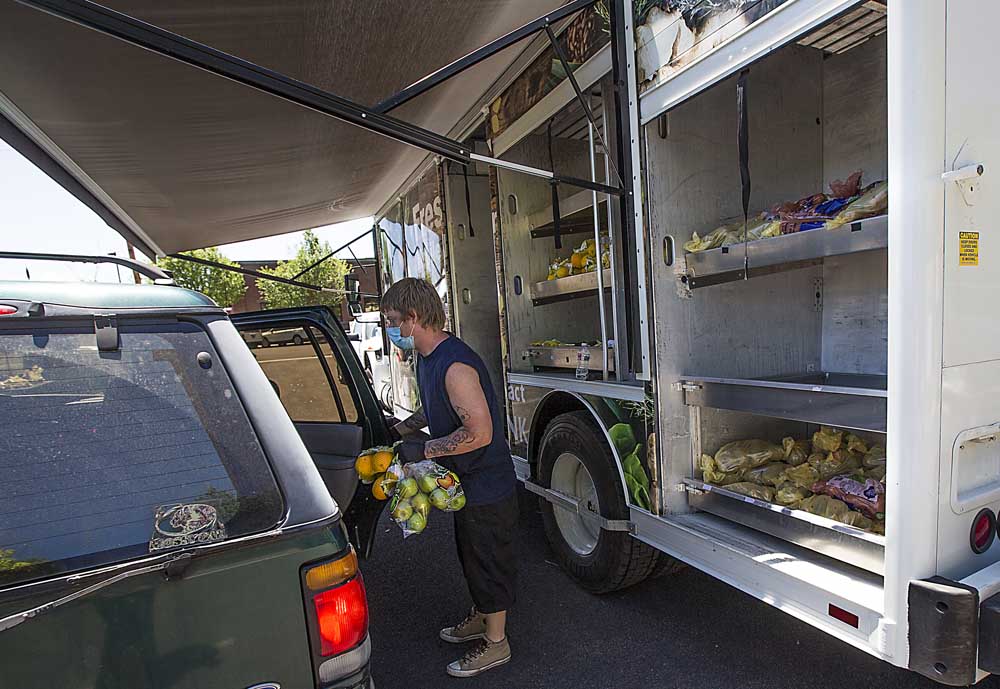Bamboo-frame bicycles are finding a following
Published 5:00 am Wednesday, August 18, 2010

- Just don't let a panda borrow your bike: Boo Bicycles' CX, a lightweight racing bicycle, sells for $7,624. Bamboo-framed bicycles like these can be purchased at bike shops like Renovo Design in Portland. Do-it-yourself instructions can be found online.
Bamboo is one of the world’s fastest-growing plants, adding as much as three feet in a single day. That growth rate, along with the giant grass’ sturdy hollow stalks (with a strength-to-weight ratio similar to that of steel), may explain why bamboo is being heralded by bikers, environmentalists and social entrepreneurs as a material with no carbon footprint and the potential to provide cheap wheels in poor countries.
Serious spandex-clad cyclists like bamboo bicycles, as do tattooed bike messengers and thrifty Ghanaian shopkeepers.
“There is something going on with bamboo bicycles,” said Jay Townley, a partner in the market research firm Gluskin Townley Group. “They’re catching on with urban and commuting cyclists.”
Although bicycles with bamboo frames account for only a fraction of the bicycle market, the number of bamboo bicycle startups is expanding. They include Boo Bicycles, with bamboo bikes available in shops like Signature Cycles in New York City and the Pony Shop in Chicago; Renovo Design out of Portland; Panda Bicycles in Fort Collins, Colo.; Organic Bikes in Wisconsin; and Calfee Design of Santa Cruz, Calif., a pioneer in bamboo frames whose bicycles sell in shops like Eco, a London store owned partly by the actor Colin Firth.
Bamboo’s distinctive texture quickly cues onlookers to a bicycle’s eco-credibility (and by association, that of its rider). Unlike carbon fiber, Townley said, bamboo can be composted.
Bamboo is also relatively easy to forage, making the bikes a hit with the do-it-yourself cycling set. One of several step-by-step, how-to-build-a-bamboo-bike guides on the Instructables website has more than 142,000 page views.
“This is a sustainable material for sustainable transport,” said Marty Odlin, 28, a founder of the Bamboo Bike Studio in Brooklyn.
When the studio began offering workshops on building a bamboo bike last year, Odlin would take participants on missions to cut it from patches on the property of landowners who eagerly granted permission to anyone willing to assist in taming the plant.
“It grows like a weed,” Odlin said.
Because of high demand, the studio now orders bulk shipments of bamboo from Mexico.
Odlin said he gets thousands of e-mails a week from people who want to build their own bamboo bikes. Spots for the first workshop in San Francisco, scheduled for October, sold out a day after the class was announced. Overwhelmed by the interest, the studio put together a mail-order, do-it-yourself bamboo bike kit.
Odlin, who is also assistant director of the Bamboo Bike Project at Columbia University, will go to Ghana to help set up a bamboo-bike factory, which could make as many as 20,000 bikes a year, selling to Ghanaians for about $60 each.
In the developed world, well-heeled cyclists are willing to pay a premium for a one-of-a-kind bike. Nick Frey, owner of Boo Bicycles, builds and sells high-performance, bamboo-frame bicycles, ranging from $3,000 for just the frame to $10,000 for a tricked-out racer. Frey recently sold a bamboo frame to a Spanish gallery to be displayed as art.
While an undergraduate mechanical engineering student at Princeton University, Frey, 23, studied bamboo and designed several bamboo racing bicycles. Everywhere he rode, people coveted them, said Frey, who started his company in September.
“A lot of people think of bamboo as furniture or cheap fencing,” he said. “But bamboo is one of the strongest natural materials known to man. Plus, the bikes look really cool.”






